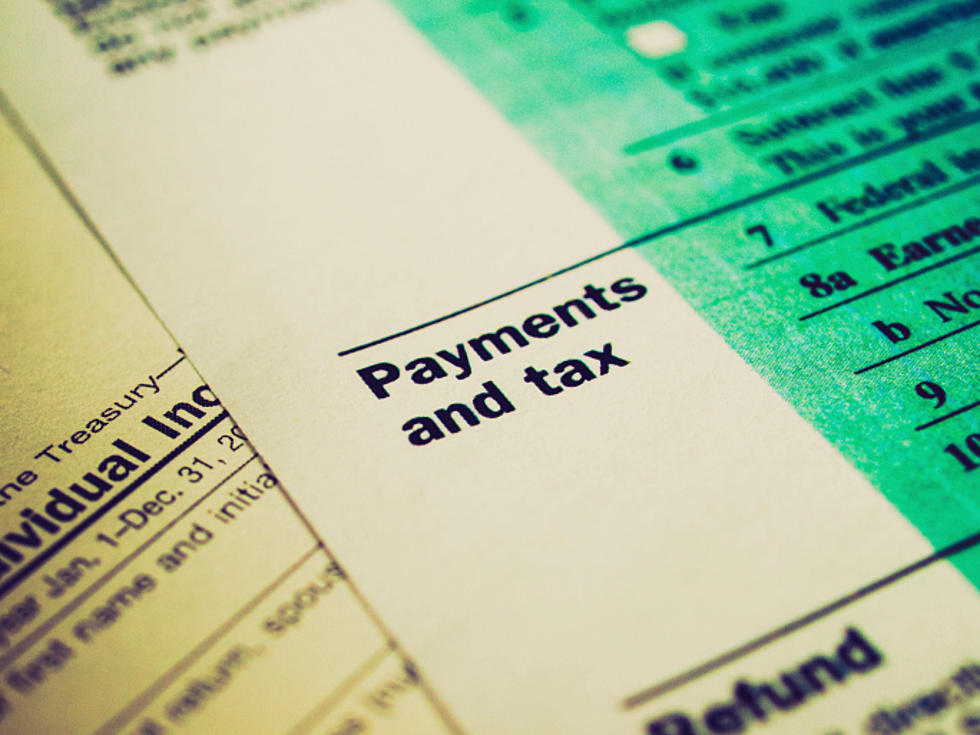
Be alert: You’re going to have to pay taxes on your unemployment
More than 1.13 million New Jerseyans have filed claims for unemployment benefits in the 10 weeks since the COVID-19 pandemic shut down the Garden State. Hundreds of thousands still have not received those benefits, or continue to find it difficult to get their claims processed by the state system.
But for those who have begun collecting, there is another concern: What must be paid out in taxes relative to the assistance a laid-off or furloughed worker receives?
That depends, according to Ralph Albert Thomas, CEO and executive director of the New Jersey Society of Certified Public Accountants.
On top of what the state provides in jobless benefits, $600 per week in federal money is available to unemployed workers via the CARES Act.
"We don't know how that's going to be reported by the federal government, whether it's going to be on a 1099-G with the rest of the unemployment compensation. If that's the case, it will not be taxable in New Jersey," Thomas said.
However, if that sum is instead included on the 1099-MISC form, then Thomas said it would be taxable.
He said statutes stipulate that quarterly tax payments should be made if you expect to owe more than $1,000, and suggested New Jerseyans take the proactive step of withholding that money now, if they can, so that it's not a "surprise" when you have a liability come next tax season.
But Thomas admitted this can all be confusing for New Jerseyans to sort out.
"If they're kind of still lost, there are a lot of resources out there that you could go to and Google, and we have even had individuals call in to the Society to get clarification," Thomas said, adding that contacting NJCPA "may be a little bit easier than trying to navigate the state's Division of Taxation website, but they should look to check that as well."
Much has been made of the state Department of Labor & Workforce Development's shortcomings in providing expeditious and accessible claims processing, but Thomas said the attention of those overseeing the state's finances is currently focused on a predicted $10 billion revenue shortfall, and trying to meet a constitutional requirement to balance the budget by the end of the extended fiscal year on Sept. 30.
"I think that's the mandate now, and that's probably why there's not accessibility to the general public on questions like this at this time."
To get the latest information from CPAs in the Garden State, go to njcpa.org.

More From Beach Radio










